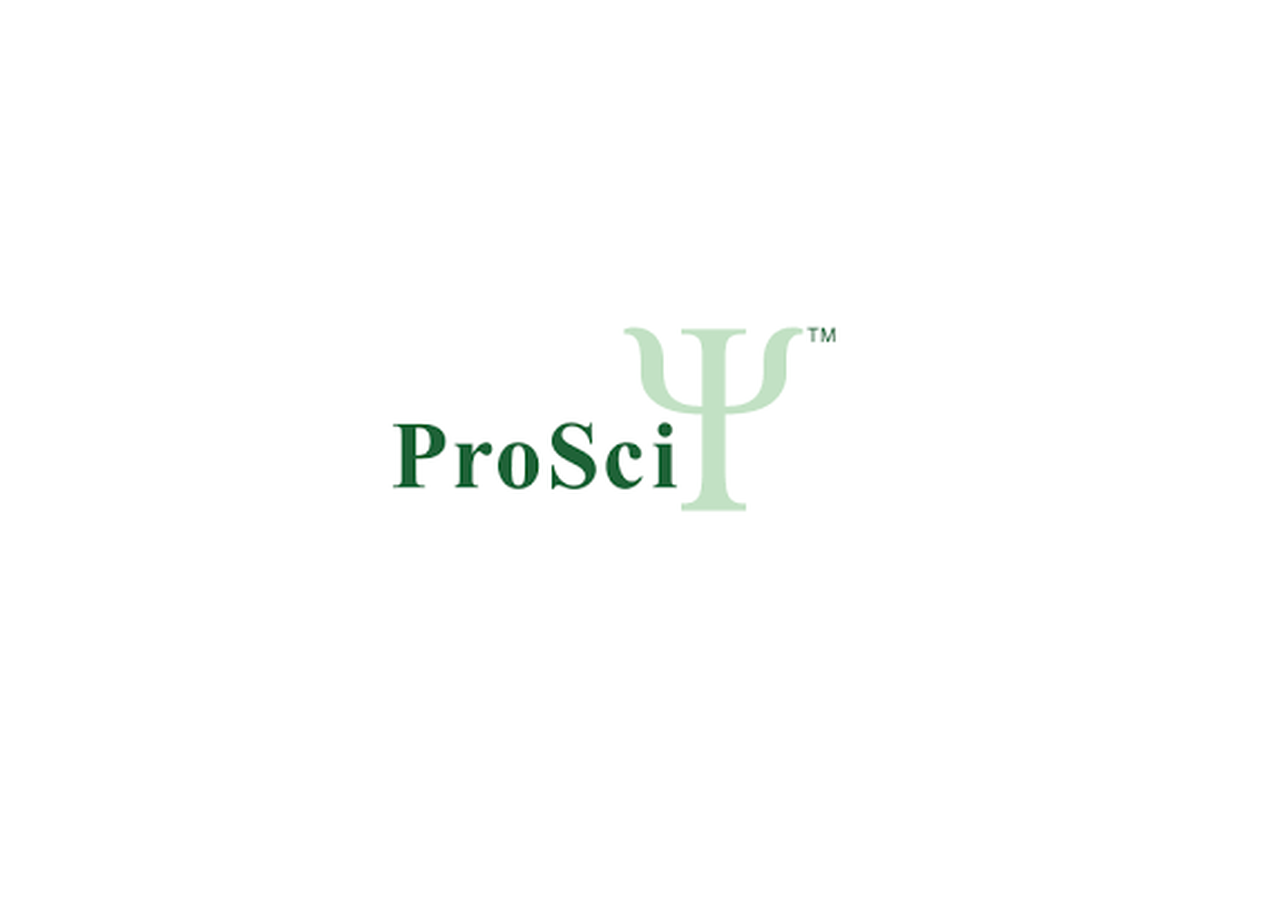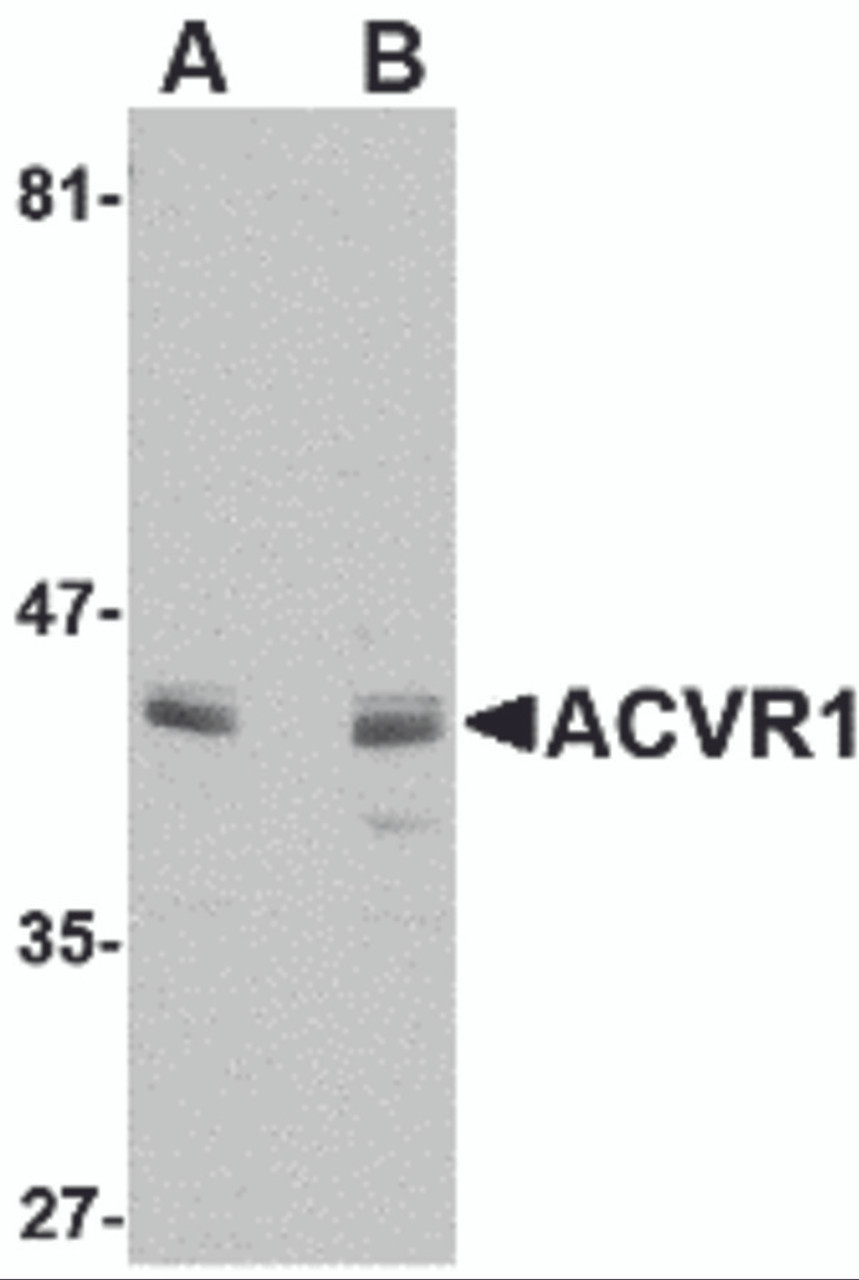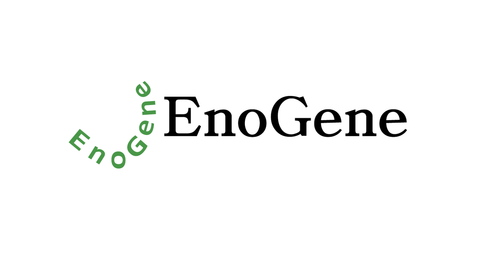Product Description
ACVR1 Antibody | 4791 | ProSci
Host: Rabbit
Reactivity: Human, Mouse
Homology: Predicted species reactivity based on immunogen sequence: Bovine: (100%) , Rat: (93%)
Immunogen: ACVR1 antibody was raised against a 14 amino acid synthetic peptide near the amino terminus of the human ACVR1.
The immunogen is located within the first 50 amino acids of ACVR1.
Research Area: Signal Transduction
Tested Application: E, WB
Application: ACVR1 antibody can be used for detection of ACVR1 by Western blot at 1 μg/mL.
Antibody validated: Western Blot in human samples. All other applications and species not yet tested.
Specificiy: At least four isoforms of ACVR1 are known to exist. This antibody is predicted to have no cross-reactivity to ACVR1B or ACVR1C.
Positive Control 1: Cat. No. 1203 - A549 Cell Lysate
Positive Control 2: N/A
Positive Control 3: N/A
Positive Control 4: N/A
Positive Control 5: N/A
Positive Control 6: N/A
Molecular Weight: N/A
Validation: N/A
Isoform: N/A
Purification: ACVR1 Antibody is affinity chromatography purified via peptide column.
Clonality: Polyclonal
Clone: N/A
Isotype: IgG
Conjugate: Unconjugated
Physical State: Liquid
Buffer: ACVR1 Antibody is supplied in PBS containing 0.02% sodium azide.
Concentration: 1 mg/mL
Storage Condition: ACVR1 antibody can be stored at 4˚C for three months and -20˚C, stable for up to one year. As with all antibodies care should be taken to avoid repeated freeze thaw cycles. Antibodies should not be exposed to prolonged high temperatures.
Alternate Name: ACVR1 Antibody: FOP, ALK2, SKR1, TSRI, ACTRI, ACVR1A, ACVRLK2, Activin receptor type-1, Activin receptor type I, ACTR-I
User Note: Optimal dilutions for each application to be determined by the researcher.
BACKGROUND: ACVR1 Antibody: Activins are dimeric growth and differentiation factors which belong to the transforming growth factor-beta (TGF-beta) superfamily of structurally related signaling proteins. Activins signal through a heteromeric complex of receptor serine kinases which include at least two type I and two type II receptors. Unlike ACVR1B and ACVR1C, ACVR1, also known as activin receptor-like kinase 2 (ALK2) , can not transduce activin-mediated signaling, but will transduce BMP and Mullerian inhibiting substance (MIS) group signaling. It is thought that ACVR1 also inhibits activin signaling by blocking the binding of activin to its type II receptor. Recent studies indicate that genetic variation in ACVR1 is associated with polycystic ovary syndrome, suggesting that ACVR1 signaling contributes to disturbed folliculogenesis in these patients.
 Euro
Euro
 USD
USD
 British Pound
British Pound
 NULL
NULL














